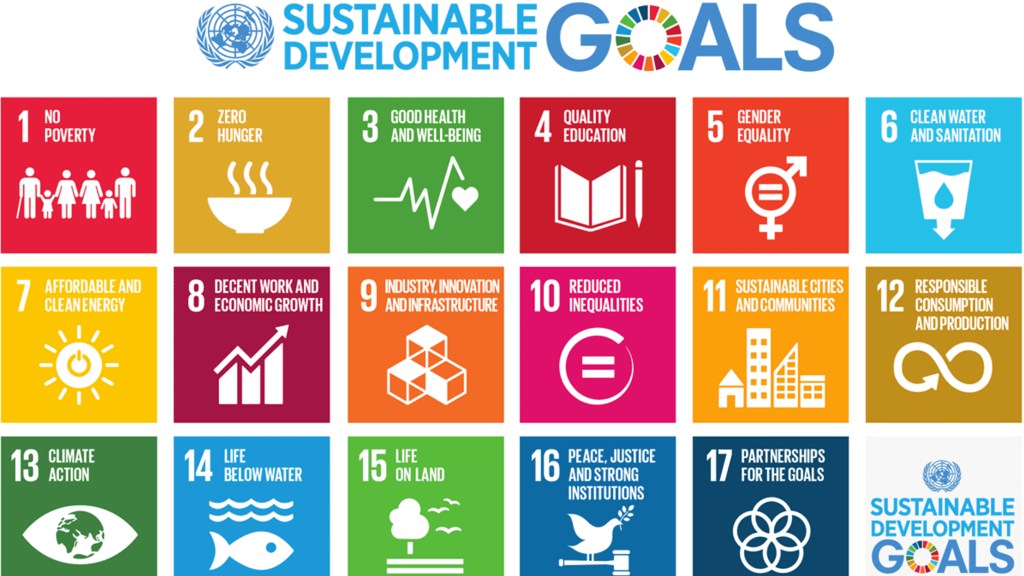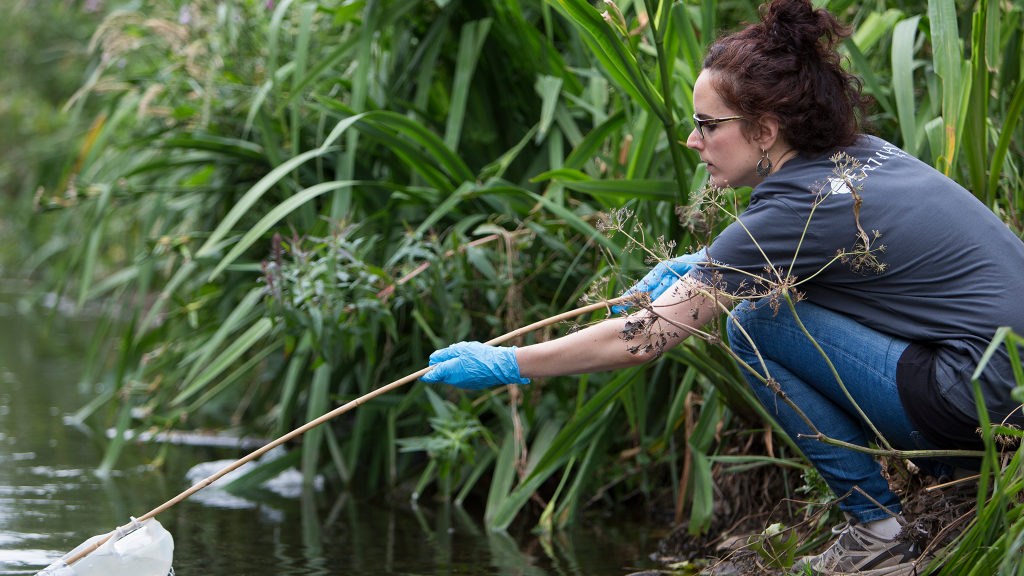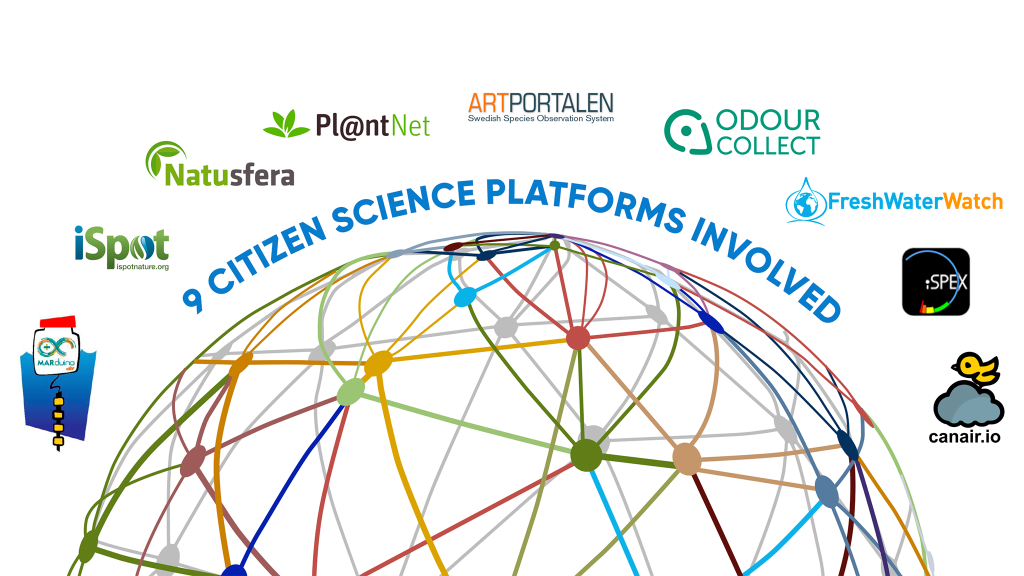The SDGs objectives aim to achieve a better and more sustainable future for humanity and the planet. Encouragingly, according to a recent study published on Sustainability Science and led by IIASA, citizen science helps to monitor some of the indicators used to keep on track the SDGs, and it could contribute to 76 indicators, which, together, equates to around 33%. In the study, three members of the Cos4Cloud project has participated: Jaume Piera, Cos4Cloud coordinator, ICM-CSIC researcher, and CREAF associate researcher, Joan Masó leader of the interoperability at the Cos4Cloud project, CREAF researcher and researcher at the Open Geospatial Consortium (OGC), and Rosa Arias, leader of the co-design process at the Cos4Cloud project, CEO and founder of Science for Change.

There are 17 goals, set by the UN in 2015, which include several purposes: from climate action to gender equality or fight against poverty, the objectives currently include 169 targets and 244 indicators. To monitor these indicators, there is a need for a large amount of data that has to be accurate and comprehensive. However, using only traditional data sources creates a barrier for countries to monitor and assess progress toward the SDGs.
‘For this reason, this finding is particularly important to make visible the full potential of citizen science to contribute to the worldwide data’, says Jaume Piera.
Throughout the study, the researchers determined if citizen science is already contributing, could contribute or not alignment at present for each SDG indicator. Promisingly, the assessment highlighted that citizen science data has the greatest potential to contribute to the environmental SDG indicators, in particular to 40% of the environmental indicators. This result is relevant, as according to the UN 68% of the environmental SDG indicators lack data.
This research opens opportunities at the regional and local levels to provide new methodologies with the collaboration of citizens, ‘who can increase their awareness and co-responsibility to advance towards sustainability by participating in citizen science projects’, states Rosa Arias.

Among others, two of the projects which are currently contributing to the SDGs monitoring are Litter Intelligence, a large-scale citizen science program led by the charity group Sustainable Coastlines, which is contributing to monitoring the coastal eutrophication and floating plastic debris density. Or BirdLife International, which has a network of volunteer observers collecting data on bird populations, this project is the official contributor of information on threatened bird species to the Red List Index.
Examples of projects that could contribute to the SDGs are FreshWater Watch, a citizen observatory managed by EarthWatch, and which participates in the Cos4Cloud project. It is a global citizen-scientist platform investigating the health of the world freshwater ecosystems. According to the study, it could help to measure the proportion of water bodies in a country with good water quality.
Citizen observatories challenge
Improving the quality of the data is a need for the citizen observatories to be used for SDG monitoring, , including the standardization and use of quality assurance processes. ‘This is the reason why the main goal of the Cos4Cloud project is to develop and evolve ten services, which increase the quantity and the quality of observations that one can get from the citizen observatories’, finalizes Jaume Piera.

Article based on:
Scientific article: Dilek Fraisl, Jillian Campbell, Linda See, Uta Wehn, Jessica Wardlaw, Margaret Gold, Inian Moorthy, Rosa Arias, Jaume Piera, Jessica L. Oliver, Joan Masó, Marianne Penker, Steffen Fritz (2020) Mapping citizen science contributions to the UN Sustainable Development Goals. Sustainability Science. https://doi.org/10.1007/s11625-020-00833-7
IIASA press release: ‘Closing the gap: Citizen science to monitor sustainable development’

















